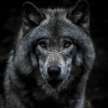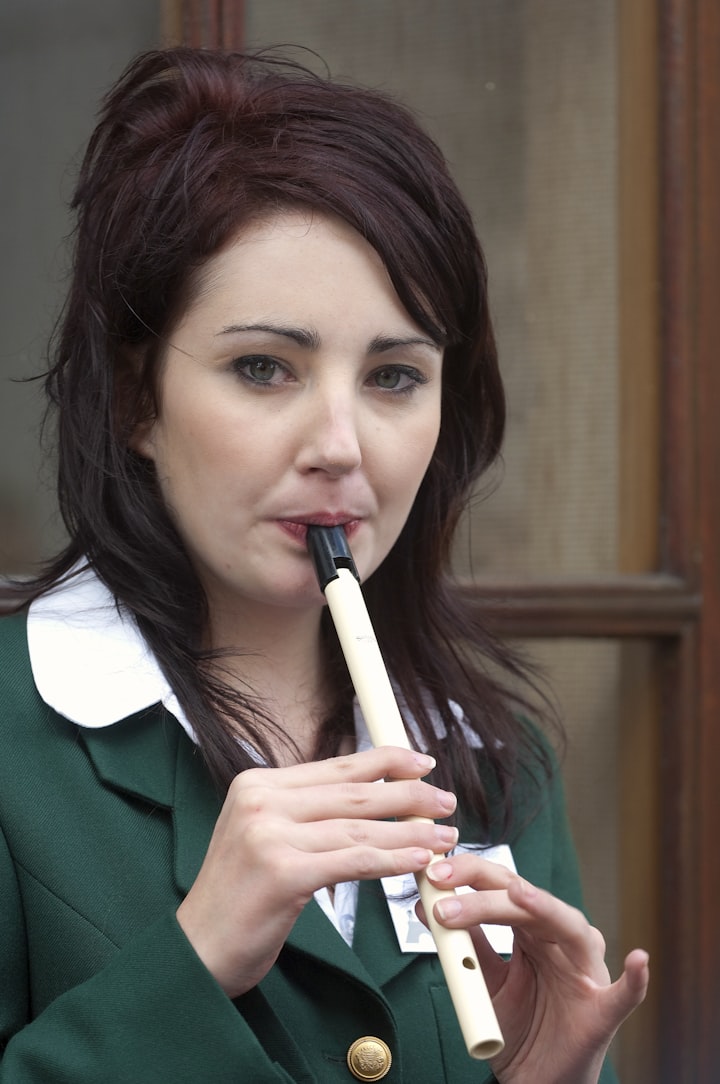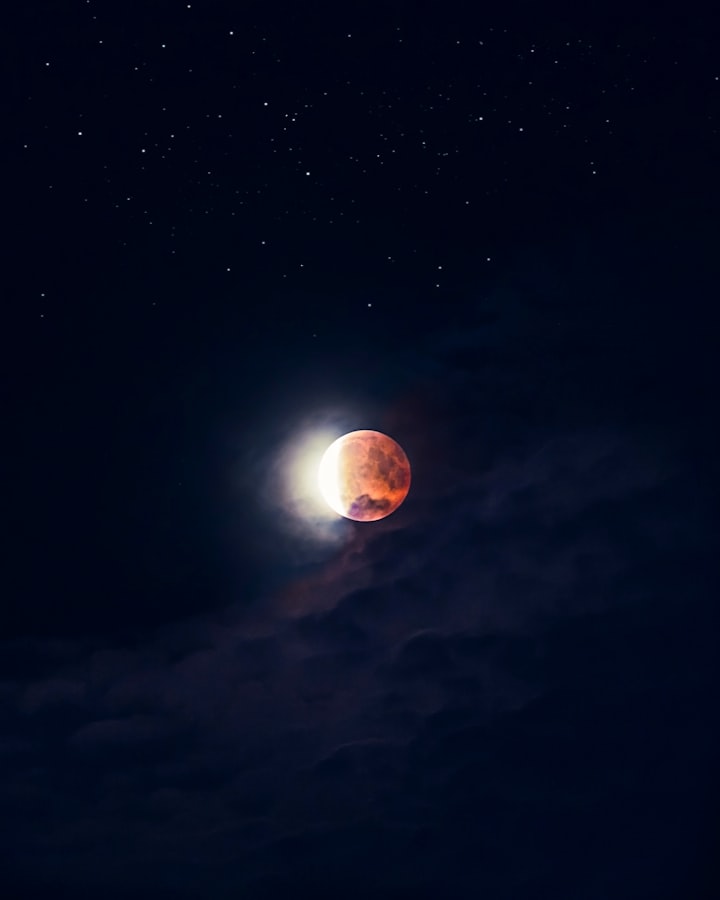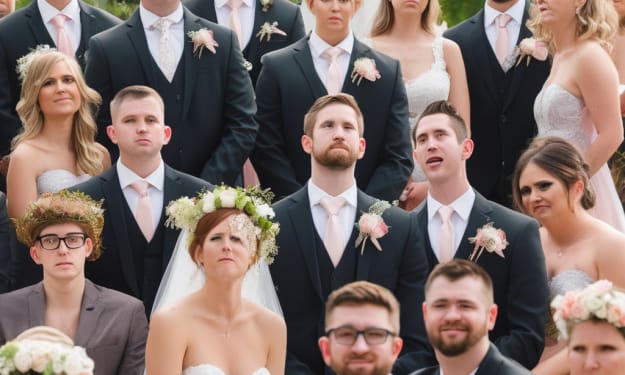“If our cream were any more fresh,” Katherine Ó Corra snapped, “it would still be grass.”
She wielded a coffeepot like a weapon, poised to strike. The glare she trained upon her impertinent customer, an older gent, who must have been a regular at Mulryan’s Café, seemed intended to close off further inquiries. It lacked the force necessary to accomplish this, if said aging customer’s glowering countenance, enhanced by his shock of white hair and ruddy face, offered any clues. Oh, no mistake about it — she warmed up his cup of coffee, neither side was able to surrender the spirited debate, nor would they have enjoyed doing so, a lone American customer mused at the next table.
Noel Ilbert laughed, of course, because it was funny — but, more to the point, because it was such a witty comeback, one that required a bit of knowledge — about milk-cows, to be precise, but this could be applied to other inspirations for wit, with parallel precision. It did not occur to him in time to recall a basic protocol for foreign travelers: do not mock the locals. He was content to let the girl do his mocking for him, and Katie excelled at mocking everyone — except, it seemed, for him. To be sure about him, she first had to get in a dig about his name: “So, it’s Christmas every day for you then, is it?”
He had scarcely more than stepped off of a plane in Dublin, before making his way into Mulryan’s for a meal. The lass was working across the room from the corner where he sat, but she slalomed around tables and persons alike to meet him. The most unexpected dividend of his first visit to Ireland was this sudden comely apparition, whose brown hair and faint freckles adorned a face he was keen to memorize, as if she would allow him the luxury of looking at her, for a period of time exceeding a mere glance. A more lingering gaze would not be safe — she being, in his estimation, so luminous: an incandescence of heaven itself.
He aspired to inspire her, in a like fashion. He knew something about the heavenly lights: “I’m going to be an astronomer. I did my undergraduate work at Cornell, in New York state, and I’ll be heading off to Chicago to do my master’s. May get my doctorate there, but I don’t know yet,” he told her, the words tumbling out ever faster. Her gaze was cloudy. Was he talking too much, about himself? He had felt that form of inexplicable chill that accompanies a romantic stumble, if this were a stumble —
Her peal of laughter was, like much about her, startling to him. “Troubled you, didn’t I, for a moment there? I thought you Yanks were sturdy, like oak trees.” This was not how he had expected this conversation to unfold. She was not what he had expected from an Irish colleen. She aimed her cold blue eyes at him again and said, "So, is it the fiddle-dee-dee you're expecting, then, Visitor-from-a-strange-land?" Her lips curled upward, a miniscule distance.
He didn’t have an answer for that, but he somehow mustered the words to ask her out to dinner, which she accepted. She chose the Scions (nice!), “a fine dining establishment”, at which many “enchantments” were present, in the décor, and in attendance, the winsome Miss Ó Corra divulged. Noel ordered Irish stew and pints of Guinness for each of them, and it was her turn to speak of personal history. She reined in her blue language, which had shocked him before, and attempted to render a Church-approved tale of her youth as she ignited a cigarette.
Because she was the fifth child of six born to her parents, she had acquired the nickname “Penultimate Katie” — Noel objected to this: “I can’t imagine who could possibly follow you.” Her mother had named her, not after some Church figure, but after Katherine Hepburn — “She wore trousers, just like a fella,” her namesake said, with not-inconsiderable delight. Nineteen years old, she had a hankering to become a nurse, or possibly, a geologist — deciding was tricky, for a young person in this tumultuous world, especially about policy matters. She was altogether distracting. An hour or so later, her lips found their distracting, delicious way to his own.
^^^^
The year of Our Lord (“or somebody’s,” Katie added, fingering the Celtic cross dangling from her necklace) was nineteen hundred and sixty-five. Noel Ilbert, for once, was finding it to be a most satisfying year, for an unexpected reason: he was looking for celestial phenomena on the streets of Dublin, the main one being this sharp-tongued tornado in a skirt. His two weeks in Ireland were almost up, but he found himself wanting to linger, to postpone his instruction in Chicago.
She was a true daughter of the Emerald Isle, the nation-state represented by a harp, in that she loved music, especially the pop “beat groups out of London.” Noel preferred jazz, especially a Brazilian variety called the bossa nova, but he was a scientific thinker, eager to expand his horizons, so he believed. His wish was to cement their affiliation in some way, but his departure was set, a plane ticket purchased.
He engaged in an Abbott and Costello, who’s-on-first routine with her, when a growling rock-and-roll tune about a girl named Gloria played; he asked for the group’s name. Katie replied, “Oh, that’s Them.” “Right, but who are They?” “I just told you, Them.” “Yes, I heard, but Them who?” “Not the Who, silly sod…” The latest ring of “cardiac thieves” to make off with her affections, performed under the name the Shifters, “Because they can’t get away with the Shaggers,” Katie admitted to him, with a lusty laugh, “but you’ve no cause to be jealous, if that’s what you’re wondering.” Noel took one look at their photo, at the sneers on their spotted faces, at their disastrous, unkempt hair, and he agreed that he had nothing to fear from such has-beens-in-the-making.
Just the same, he wanted to make their last day together special. Noel hoped a picnic lunch might allow them (not Them, Van Morrison and all) to discuss his hopes for a future they could share. It therefore seemed like a Mount Olympus special, i.e. a lightning bolt, fired at his chest, to learn from Maureen Mulryan herself, owner of the establishment, that Katie had left for London, “after some hooligans with guitars.” Atypically somber, the red in her cheeks was pale; the gray in her curly hair seemed even grayer to him, gray like his life!
Noel aimed himself at the heart of nowhere, wandering through Dublin. Keen was his bruised heart, which seemed to have expanded, filling his entire body, almost down to his molecular structure, with melancholy. First, of course, he wanted to treat his symptoms, or at least, dull the pain at the Maid-in-the-Moon pub. He wanted to return to his studies of the Universe; it had to hold less loneliness than he felt.
He ordered a glass of Harp Stout, overhearing two punters laughing at a third’s joke: "Oliver Cromwell and Winston Churchill arrive in Hell, and immediately ruin the place!" A framed newspaper headline, adorning a spot of honor on one wall, detailed the historic meeting of the two Irish Presidents, Eamon de Valera and John F. Kennedy; only one of them had actually presided over Ireland herself, in the words of the proprietor.
Noel sought a place to drink and moan in solitude. He found one empty seat in the back, beside a sharp-featured, unsmiling man, seventy years if he was one old, who was brooding over a pad with a pen in his hand. Noel apologized for disturbing the fellow, pointing out the lack of other available chairs.
The man motioned to him to take a seat beside him. Noel, figuring it would behoove him not to make idle conversation with the guy, complied. Before he got a drop of the Creature down his throat, however, Noel was shocked to hear his new drinking neighbor saying, “You have got to go and find her. Because if you do not, your years will weigh on you, like a boulder. We know of boulders in Sligo; we practically grow them, as if they were our finest crop.”
^^^^
“I’m sorry, have we met?” Noel stammered. How foolish, how American, he had to have sounded, to this elderly gent! Then, a perplexing notion hit: he looked like a man in romantic pain, to this senior? “How did you know? Are you a friend of Katie’s, sir? My name’s Noel — ”
Said the older chap, as he put down his pen, “Yes, yes, but, if you are to set this right, you must not delay. In my sun-dappled days of youth, I thought only of a world of purest ether, of dreams lived and promises kept, very lofty things. My principal oversight was to overlook the needs of a life in this world, this time.”
Noel didn’t know how to respond. Glancing down at the pad, he spied what he guessed was a poem in mid-creation, unfinished. Not wishing to intrude, upon a creative person’s work — any more than he would invite another to interrupt his survey of the night sky — he met the man’s steely gaze; to his relief, the old man smiled back. “Just a reflection on Love’s urgency. I am thinking of calling it — but first, do you know, ‘Who goes with Fergus’? Would you care to hear it?”
“Some other time, I would love to,” Noel claimed, “but you’re right; I have a girl to find.” Of all things, he recalled how different his experience in this country had been from what movies, The Quiet Man most especially, had led him to imagine it would be. He was no John Wayne, for sure, and Katie would have sneered at any suggestion that she might be Maureen O'Hara.
He drained his glass, and rose; the elderly poet tapped his forearm. In his other hand, the poet waved a crumpled note at him. “You’ll find her there,” he rasped. “Do not delay your passage. Seek your Mod, before she is gone.” For some reason, he found this amusing.
Noel pocketed the note. On his way out, he asked the bartender to thank the old man for him. “Which old duffer would that be, sir?” the other fellow said. “I don’t see anyone there, and I told you, it was a quiet spot for you to drink in peace."
Noel started to answer, searching the place for a sign of the old poet. Finding it in a framed photo across the room, he pointed to it with excitement. “That’s him. Please give him my thanks.”
The bar steward shook his head. “You’re having me on, are you, son, is that it? That there’s Willy Yeats, our national poet, and if you had met Himself, count that as one of your life’s great privileges. Only, the thing of it is — he passed, through the veil, back in ’thirty-nine.”
Noel wanted to laugh, stare, scoff; he chose instead to stagger outside. He was a scientific thinker; he did not believe in ghosts. Was that man an actor? Did he know Katie? Noel came to believe he was in some sort of Irish otherworld, the kind of a sideways reality his visit had introduced to him. He would not be flying to Chicago yet. He suspected that the Crab Nebula, and the rings of Saturn, all of it, would still be up there, waiting for him. At last, he knew who could possibly follow Katie Ó Corra.
© 2021 Eric Wolf.
About the Creator
Eric Wolf
Ink-slinger. Photo-grapher. Earth-ling. These are Stories of the Fantastic and the Mundane. Space, time, superheroes and shapeshifters. 'Wolf' thumbnail: https://unsplash.com/@marcojodoin.







Comments
There are no comments for this story
Be the first to respond and start the conversation.